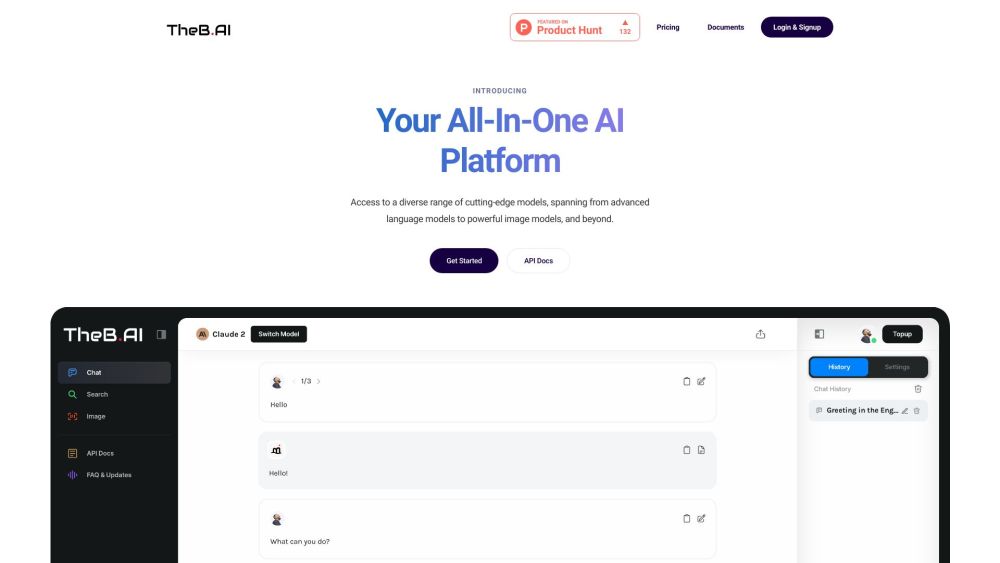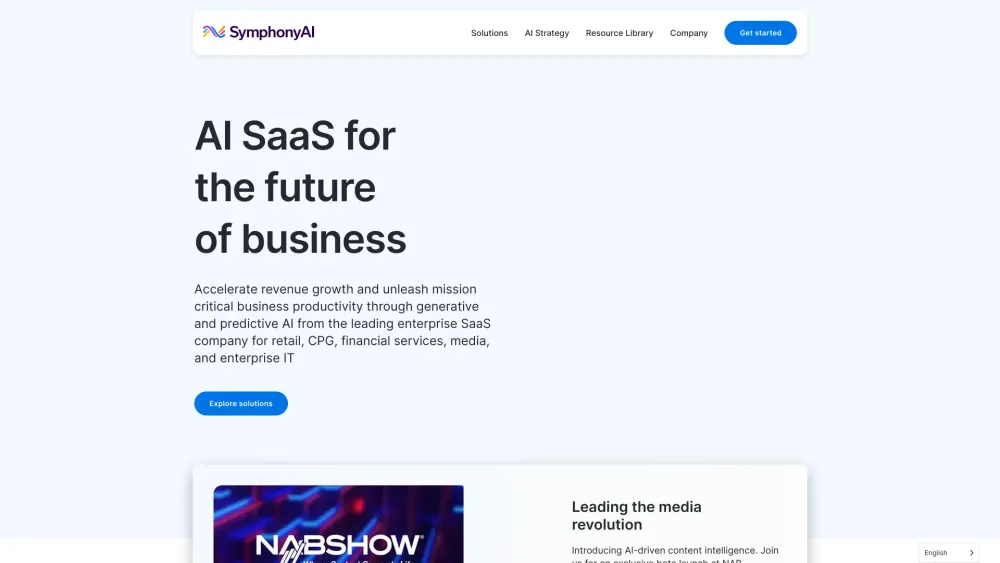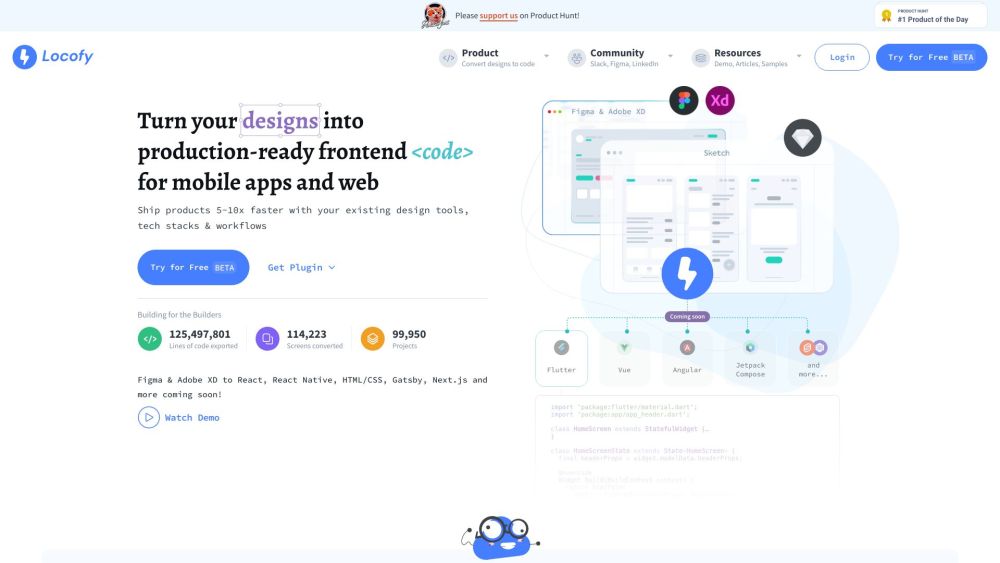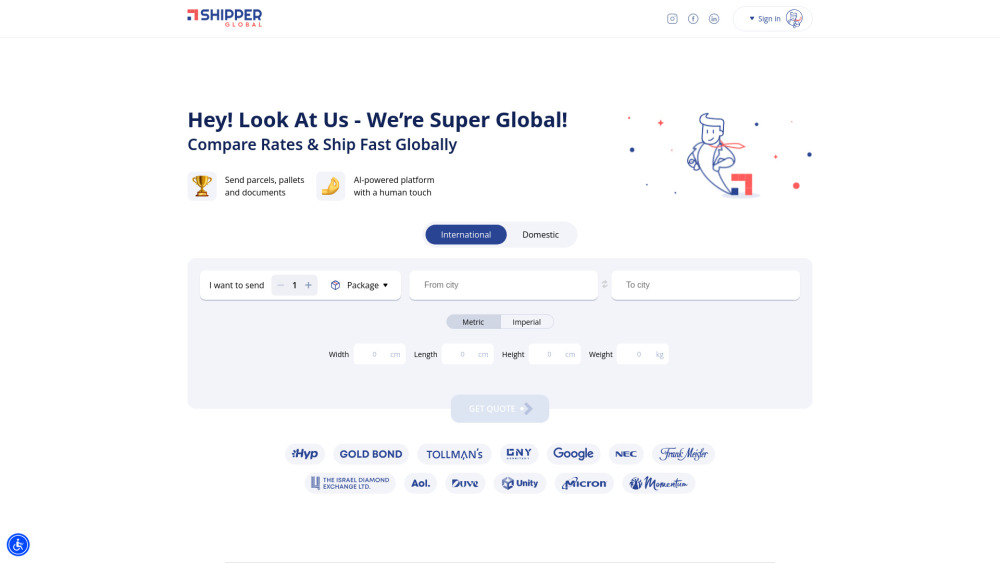India Plans to Regulate AI Platforms like ChatGPT: Exploring the Establishment of a Regulatory Framework
Most people like

Discover advanced language and image models with our user-friendly interface or seamless unified API. Unlock powerful capabilities effortlessly!

In today's rapidly evolving digital landscape, businesses are increasingly turning to AI-driven Software as a Service (SaaS) platforms to enhance operational efficiency and drive innovation. These platforms leverage cutting-edge artificial intelligence technologies to streamline processes, improve decision-making, and deliver personalized experiences to customers. By integrating AI SaaS solutions, organizations can unlock new levels of productivity and competitiveness, making them essential tools for success in the modern business environment. Discover how AI SaaS can revolutionize your business operations today.

Transform your designs into production-ready code seamlessly. Whether you're a designer looking to bridge the gap with developers or a developer seeking to streamline your workflow, this process will enhance collaboration and efficiency. Discover the tools and techniques necessary to convert your creative concepts into functional, high-quality code that meets industry standards. Elevate your design to development process today!

Welcome to our global courier rate comparison platform, where you can effortlessly compare shipping rates from a variety of top couriers around the world. Whether you’re a small business owner, an e-commerce entrepreneur, or someone needing to send a package, our user-friendly tool enables you to find the best options for your shipping needs. Save time and money by quickly identifying the most affordable rates, ensuring your packages reach their destinations efficiently. Start comparing global courier rates today for a seamless shipping experience!
Find AI tools in YBX

